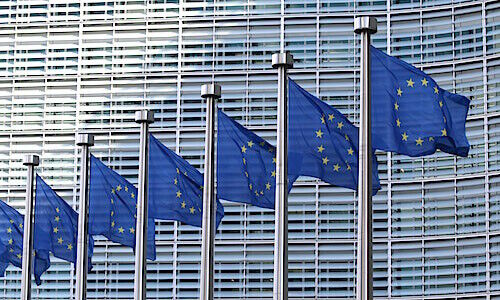What Could the EU-China Deal Freeze Mean for Banks?
Despite early signs that CAI was already facing headwinds – the European parliament, in protest, canceled a meeting to discuss the deal in March – Beijing continues to open up its financial sector.
In fact, closer ties and freshly granted approvals were made with multiple European financial markets in the run-up to EU Commission vice president Valdis Dombrovskis’ comments to pause «political outreach» to China earlier today.
Late last month, China’s securities regulator accepted BNP Paribas’ application for the establishment of a securities firm. And just earlier this week, Deutsche Bank secured central bank approval to become the EU's first qualified primary dealer for the domestic market across bonds and other money market instruments.
Access Without CAI
Even prior to the CAI deal, various European lenders have already committed to expansion plans in China. But expansion alongside a ratified CAI deal would undoubtedly create relatively more confidence, at the very least, if not tangible gains for European financial firms seeking Chinese opportunities.
The deal has high standards regarding dispute resolutions, for example, with strong enforcement mechanisms monitored by the EU vice president and Chinese vice premier.
«We now in a sense have suspended […] political outreach activities from the European Commission side,» Dombrovskis said in an interview with «AFP» on the deal. «It's clear in the current situation with the EU sanctions in place against China and Chinese counter-sanctions in place, including against members of European Parliament [that] the environment is not conducive for ratification of the agreement.»
- << Back
- Page 2 of 2






















